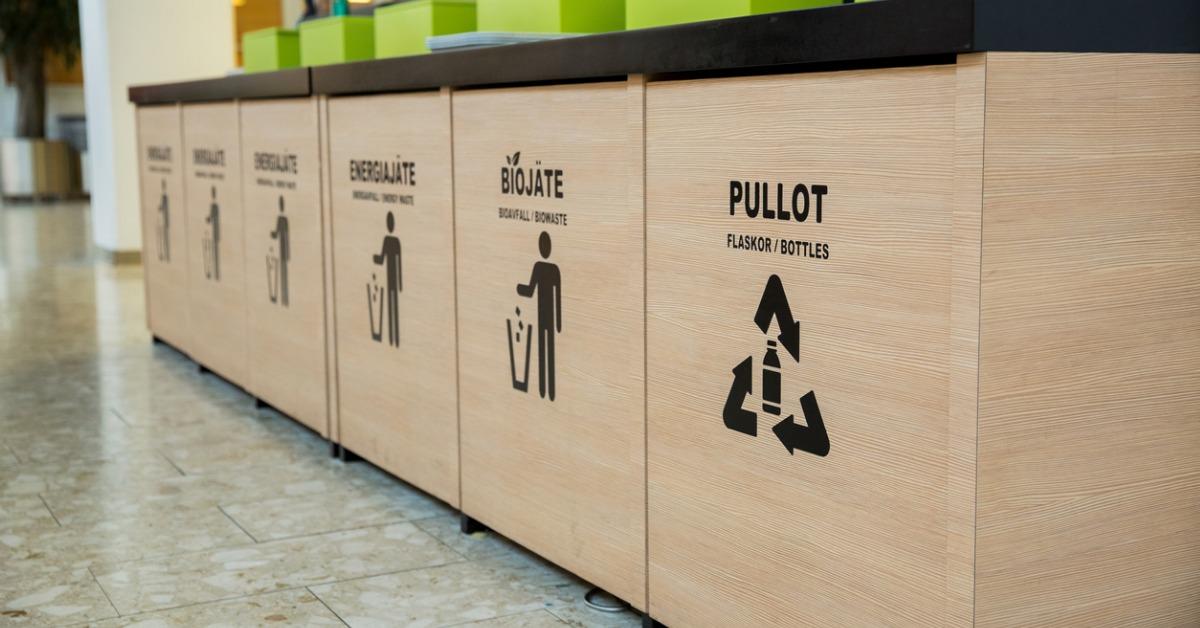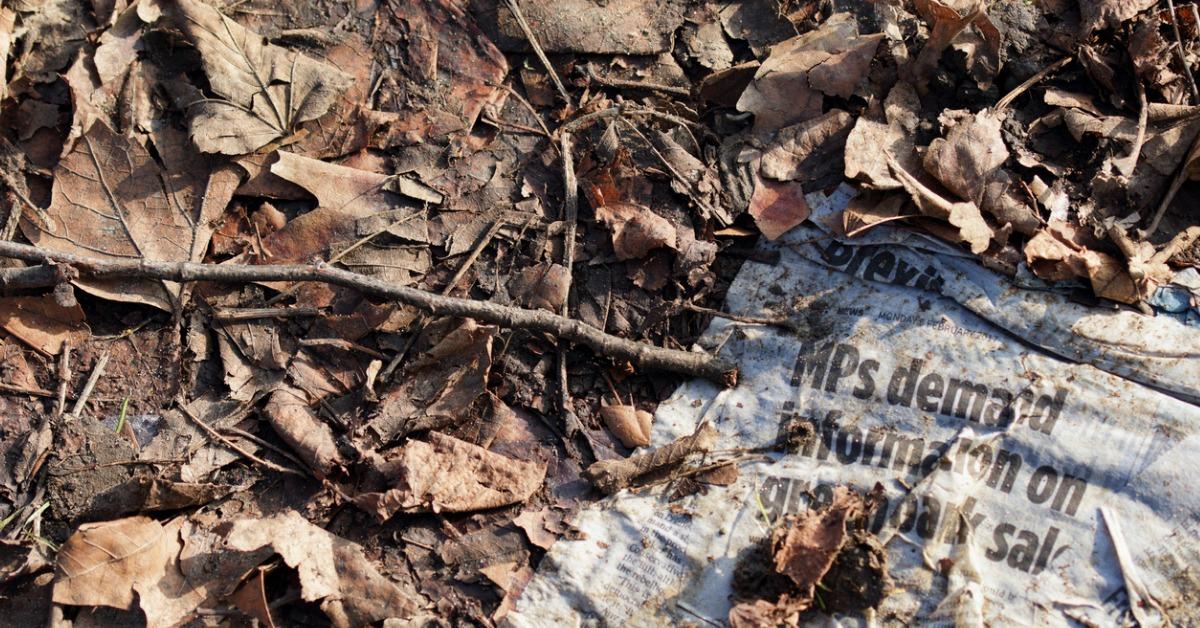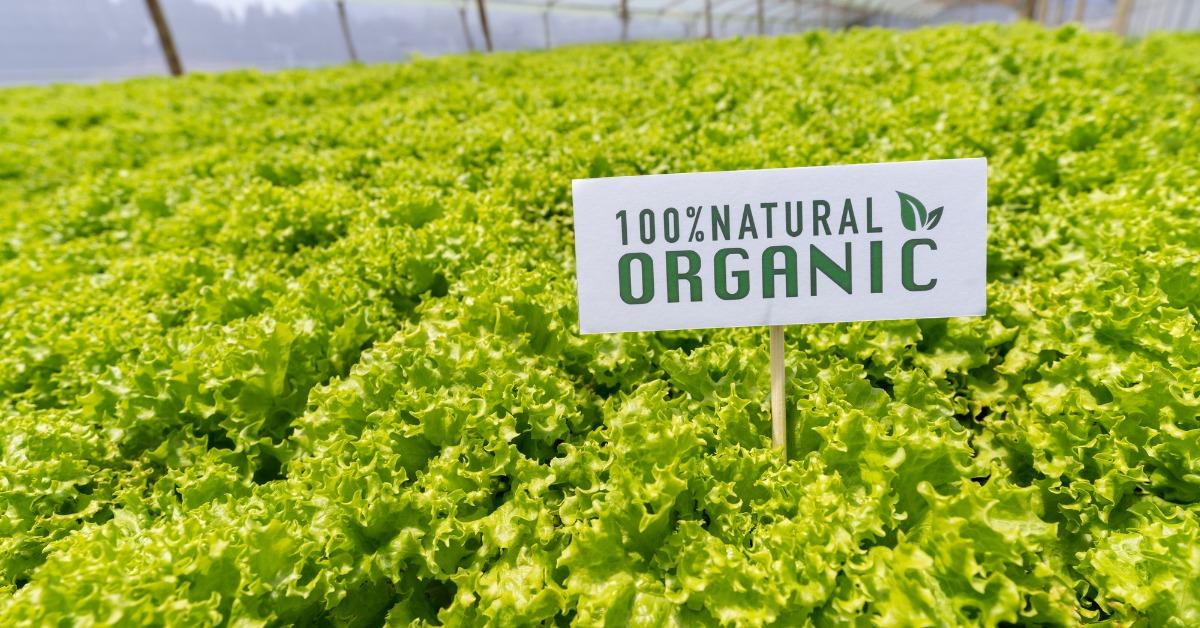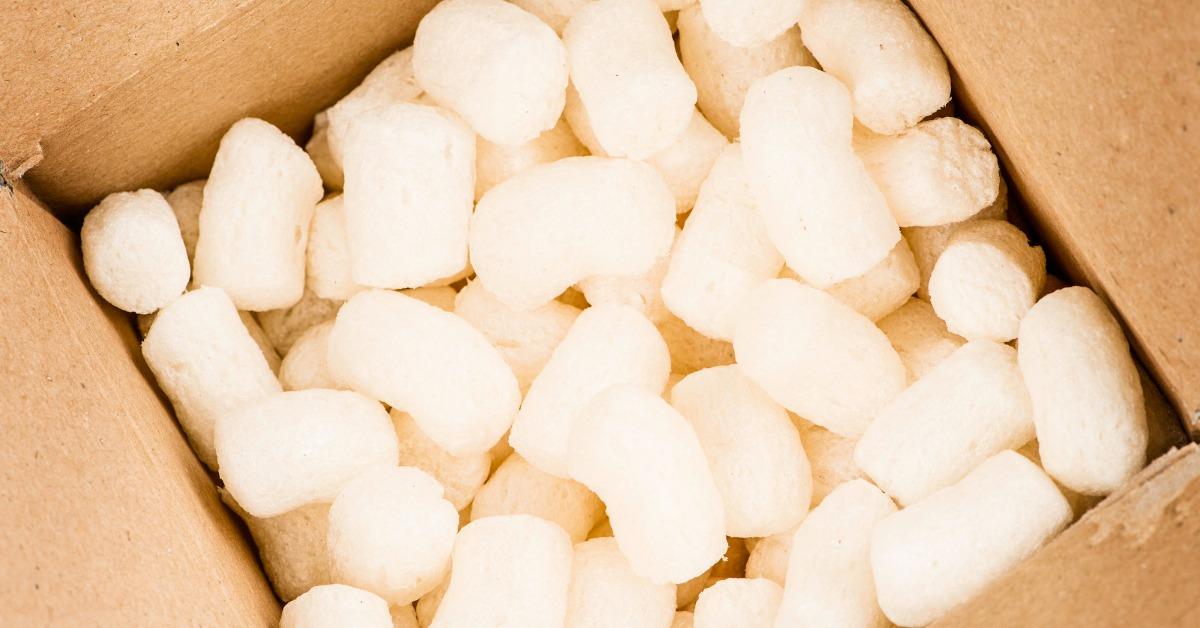Biodegradable vs. Compostable: What’s the Difference?
Published Nov. 9 2020, 2:43 p.m. ET

One set of terms always seems to crop up when it comes to searching for green products: compostable and biodegradable. Many people assume that these two terms are interchangeable and that they mean the same thing, but that isn’t necessarily true. Here, we explore what these words really mean, what their differences are, and whether products labeled one or the other are ultimately better for the environment.

What does compostable mean?
We talk a lot about composting at Green Matters, and that’s because the art of creating a good compost pile is one of the keys to living a greener, more sustainable existence. The official definition of compostable is organic material that can, through the process of decomposition, be turned into nutrient-rich soil or fertilizer. Composting itself is the process of returning your organic waste, leaves, grass clippings, banana peels, coffee grounds, and the like back to nature, so that it can eventually be reused as compost.
What does it mean when a package says compostable?
When something is labeled at compostable, it means that the product “can” be turned into compost as long as it's under the correct conditions.
If the item is food, paper-based, or wood-based, it's likely compostable under the most basic composting conditions, including a backyard compost bin.
But if the item is a bioplastic "compostable" container, utensil, straw, or the like, and you’re thinking about throwing that item into your backyard compost pile, you’ll be sorely disappointed. It can only be composted at an industrial composting facility. This means that it only decomposes under very specific conditions and will take far longer to break down if sent to a landfill (all the while emitting greenhouse gases). These products are better for the environment than plastic-based ones, but they need to be composted properly to get the full effect.

What does biodegradable mean?
Biodegradable, on the other hand, means that an item can be disintegrated into its base elements by bacteria, fungi, or some other biological process. Biodegradation is just the process of nature breaking down materials into their component parts.
Most fruits, vegetables, and other plant-based foods are biodegradable, in that if you buried them in your backyard without a proper composting setup, they would eventually biodegrade.
The thing is, biodegradable things don’t always have to be strictly “organic.” Many things biodegrade if given enough time, even plastics, but that does not make them green-friendly.
Plastics are a good example of this, because they are known to take decades or longer to break down in a landfill, and when they do, they turn into things like carbon dioxide and before that, microplastics, both of which aren’t exactly great for the environment.

What does it mean when a package says biodegradable?
If the packaging on a product reads biodegradable, it basically means that it will eventually break down if that product were to end up in a landfill; however, it would emit greenhouse gases while doing so.
This essentially means that the biodegradable tag is little more than perfunctory because the key thing to understand is how long it takes a product to biodegrade. If you’re looking for environmentally-friendly products, look for those that biodegrade in less time.
And unfortunately, some brands will use the phrase "biodegradable" on their packaging as a marketing term, even if the product is not actually biodegradable — so always do your research to make sure you're not being greenwashed.

What’s the difference between compostable and biodegradable?
Both biodegradable and compostable products break down over time, but the main difference is that each one requires different conditions in order for that process to work properly. Compostable products require a certain balance of factors to break down properly. They need moisture, soil, air, and a mix of other nitrogen and/or carbon-rich neighbors to feed the microorganisms that love munching on them. But the process is much faster under the right conditions.
Biodegradable products, however, will break down naturally if given enough time. Either way, both of these kinds of products are better for the environment than those that are not. One way to ensure that you’re making environmentally-conscious decisions is to look for labels that indicate both or either of these descriptors, then, to dispose of them according to which condition applies.